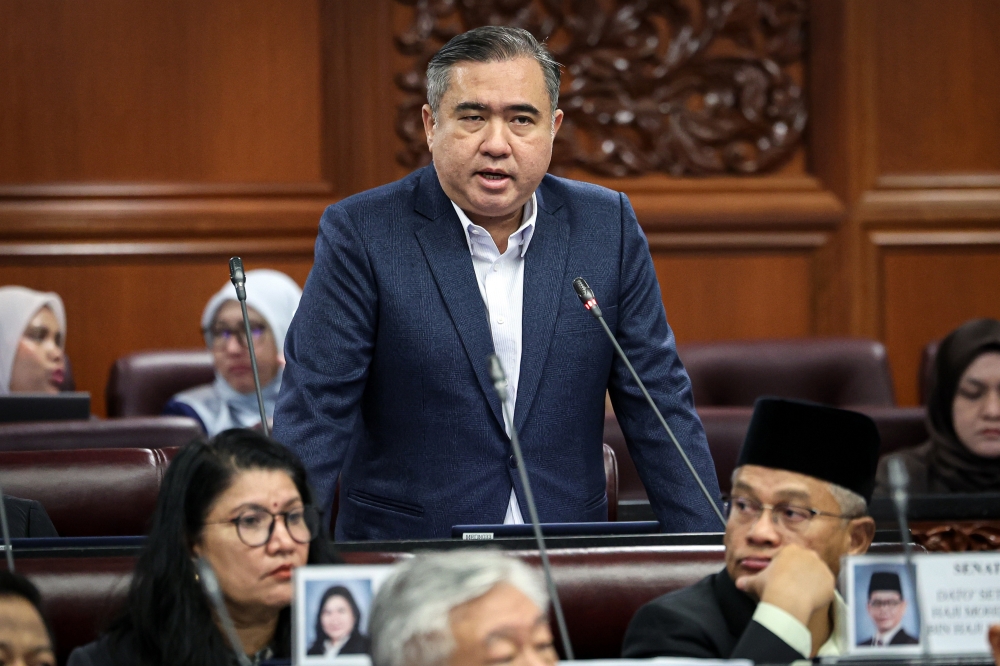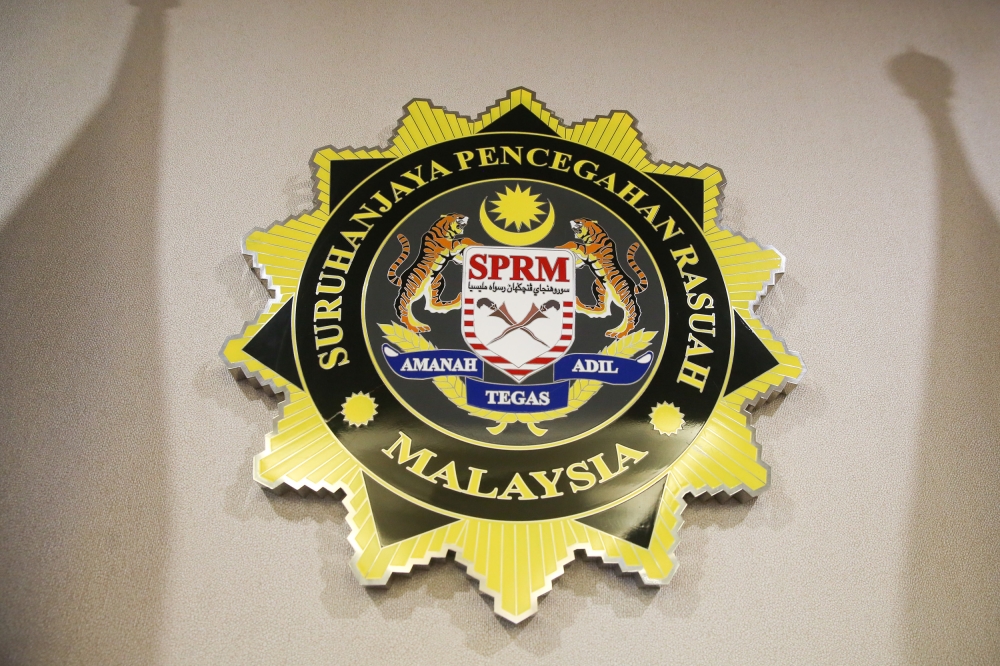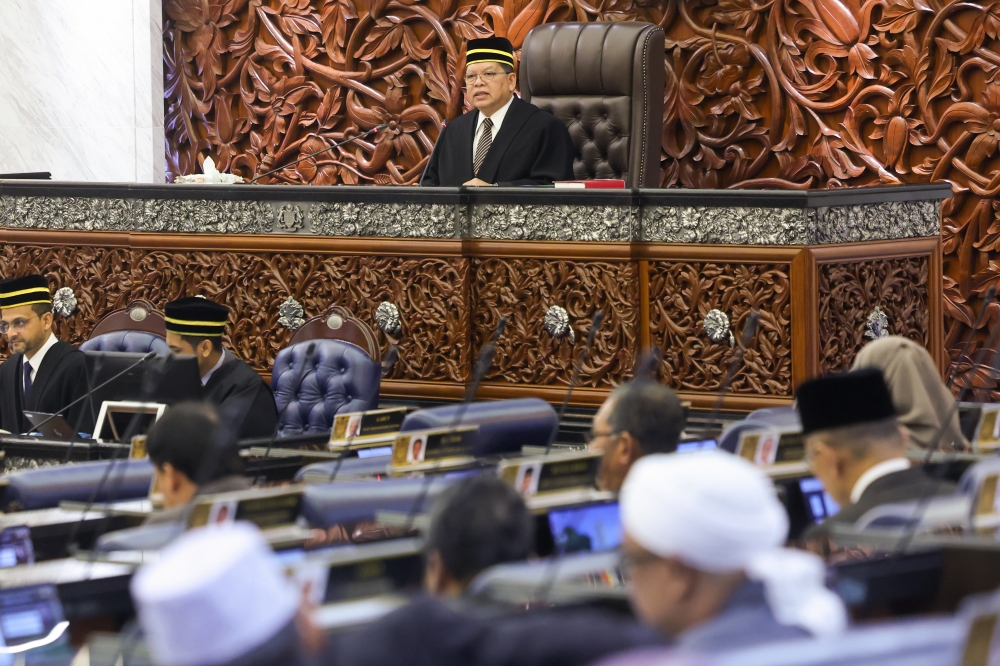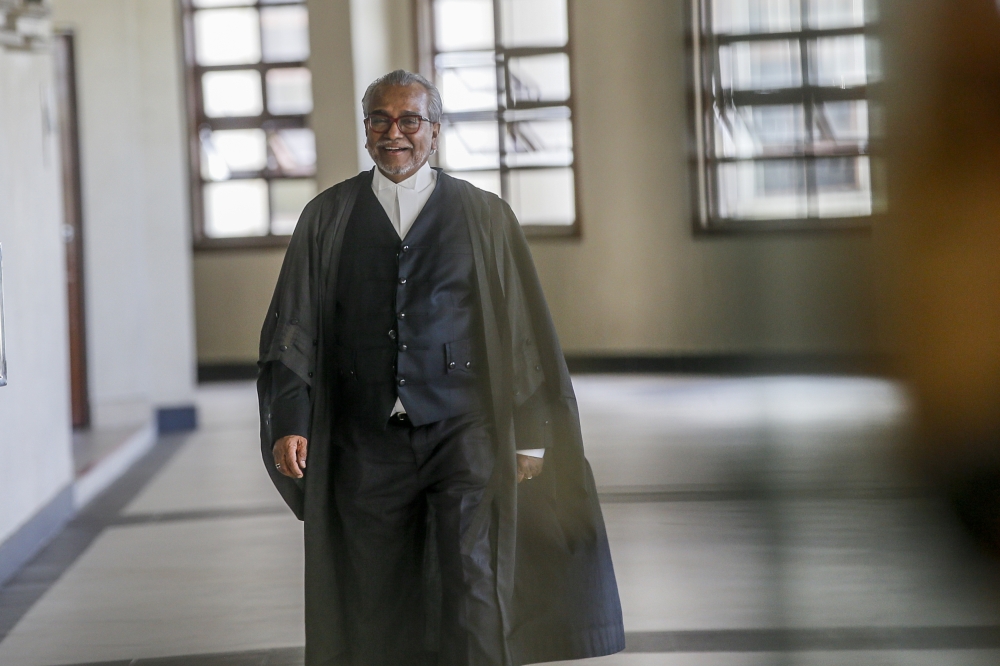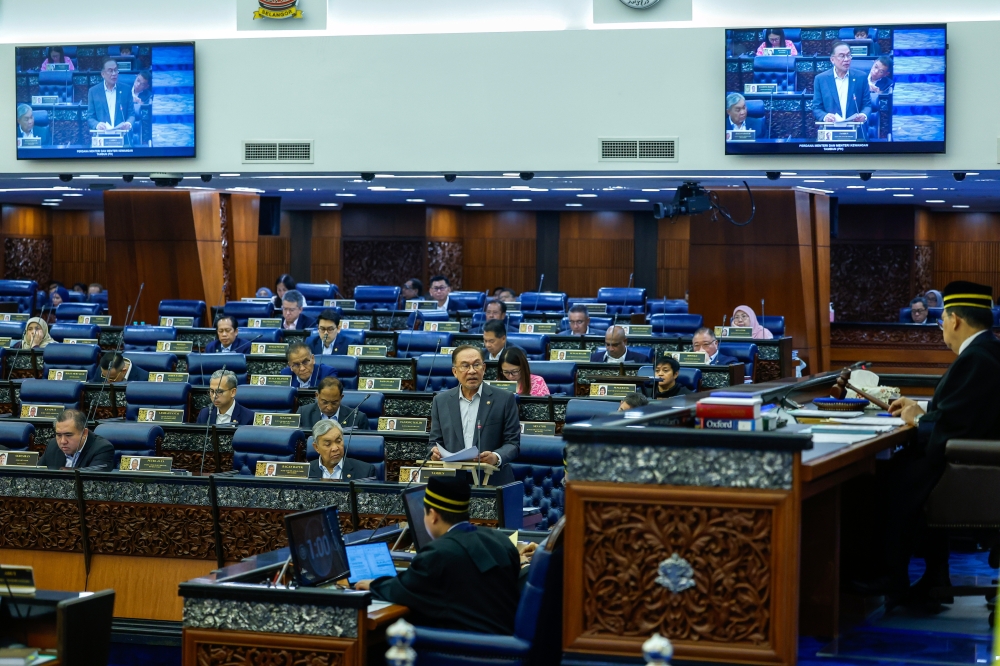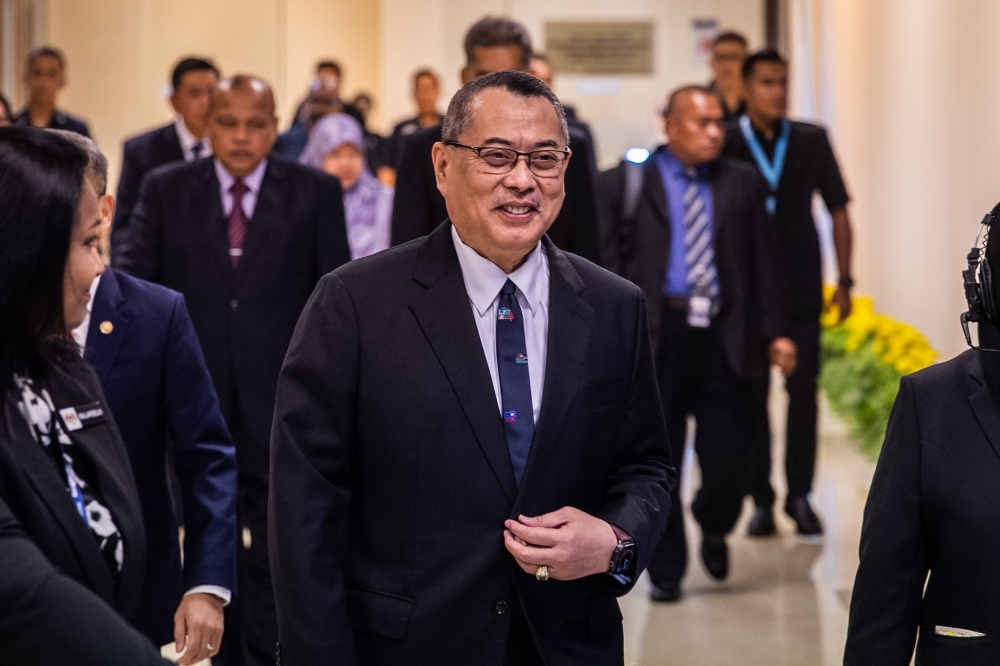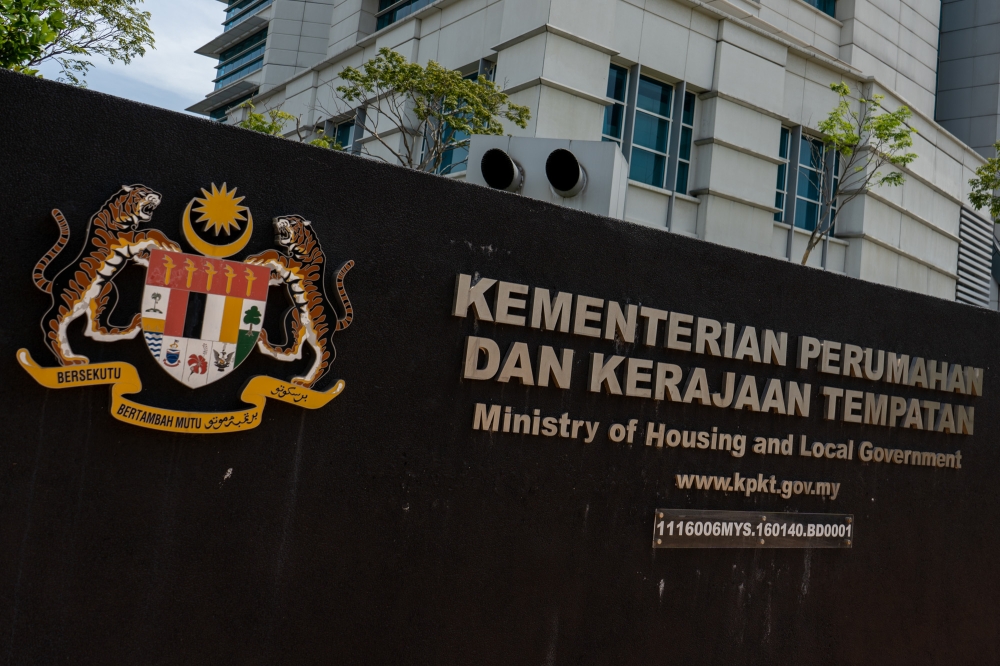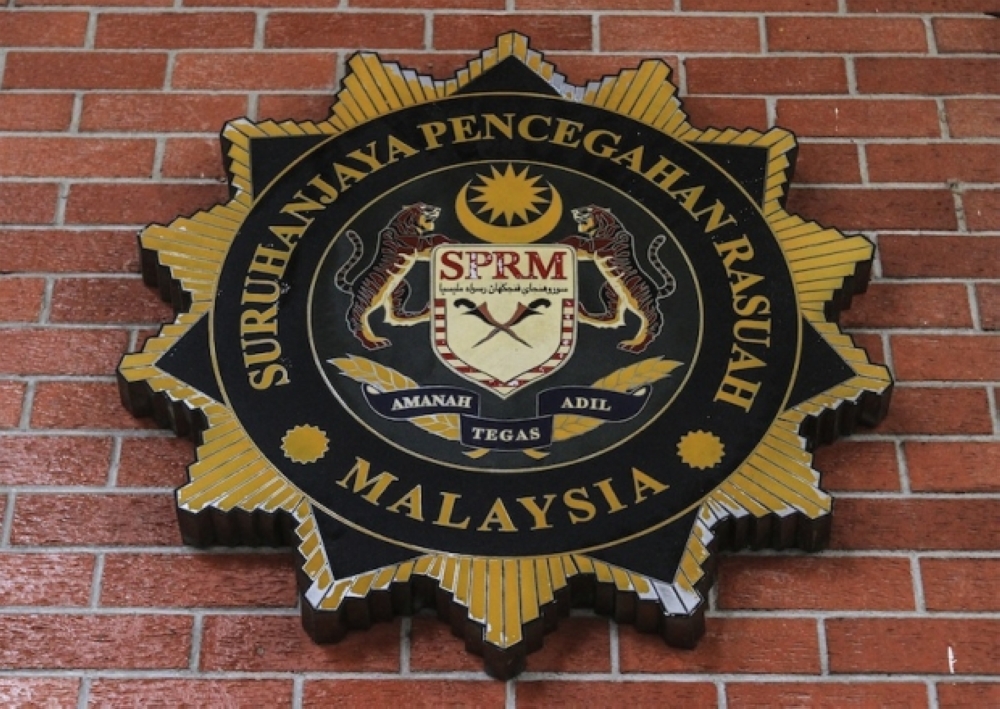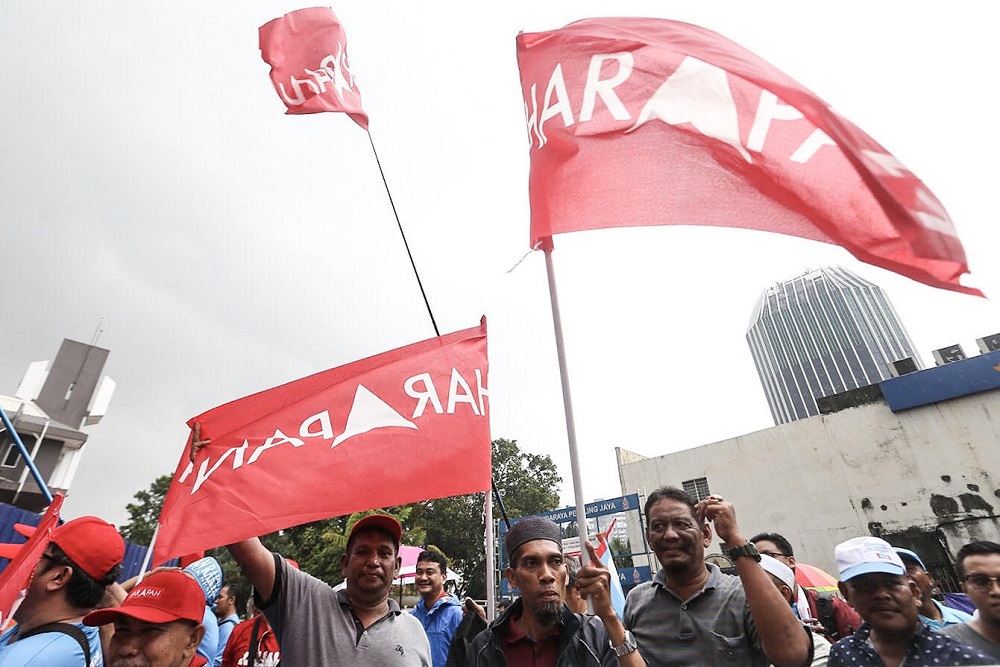KUALA LUMPUR, April 9 — The Pakatan Harapan government has yet to outline a clear plan to free and pull out government-linked companies (GLCs) from key markets, casting doubt over its commitment to meet a key election pledge to reform state firms, a think tank said today.
This was among a slew of promises the ruling coalition is unlikely to fulfill according to Institute for Democracy and Economic Affairs’ (IDEAS) report, ‘Projek Pantau,’ that tracked and analysed PH’s election pledges, including 192 sub-targets listed in its polls manifesto.
IDEAS said the prospects for significant reform of Malaysia’s GLCs seem limited, as the new government show questionable commitment to honour key targets, including the promise to purge GLCs boards from political appointments.
“Despite frequently stating that ‘the business of government is not to be in business’ there has been no strategy put forward to reduce the influence of GLCs in the economy or even seriously review their role,” the report read.
“In terms of governance, the government has restated its aspiration that GLCs be freed from political influence, but the Prime Minister continues to be the Chairman of Khazanah and politically connected figures remain in senior positions at various GLCs.”
PH vowed to end patronage in the GLCs if elected as part of its institutional reform push, saying it would start with culling those seen as close to the previous Barisan Nasional administration and putting an end to political appointments.
Yet, the coalition appointed a few of its own leaders as board members shortly after it took office. Among them was Prime Minister Tun Dr Mahathir Mohamad, who now chairs Khazanah.
IDEAS noted that PH is also slow to follow up on other important areas that involve GLCs.
The think tank said the coalition has yet to map out a clear strategy to prevent GLCs from “crowding out” smaller competition from key markets, or initiate effort to meet its promise to publish an annual report on remuneration or allowances of board members.
In the former, IDEAS rated PH’s performance a lowly two or “in trouble”, suggesting that the new government was unlikely to fulfil its promise. The latter target was rated zero to show that no concrete initiative had been taken to realise that promise.
PH had also vowed to establish a Parliamentary Committee to receive regular reports from the Government Investment Division at the Ministry of Finance on the performance of GLCs, the think tank noted.
IDEAS said it is unlikely that the government could commit to the promise, which it rated as “in trouble”.
The report card, released today, tracked and analysed a total of 192 sub-promises that branched out from the 23 primary pledges listed in the ruling coalition’s election manifesto.
Each sub-target was rated from zero to five; zero meant no progress while five indicated fulfillment.
IDEAS said the new government has realised or put on track nearly a third of its election pledges for the economy but others are proving difficult to reach.
The “Projek Pantau” report said PH achieved some notable successes such as abolishing the goods and services tax and restructuring the 1Malaysia Peoples’ Aid programme, while showing commitment on several key economic targets that include efforts to reduce living costs.

